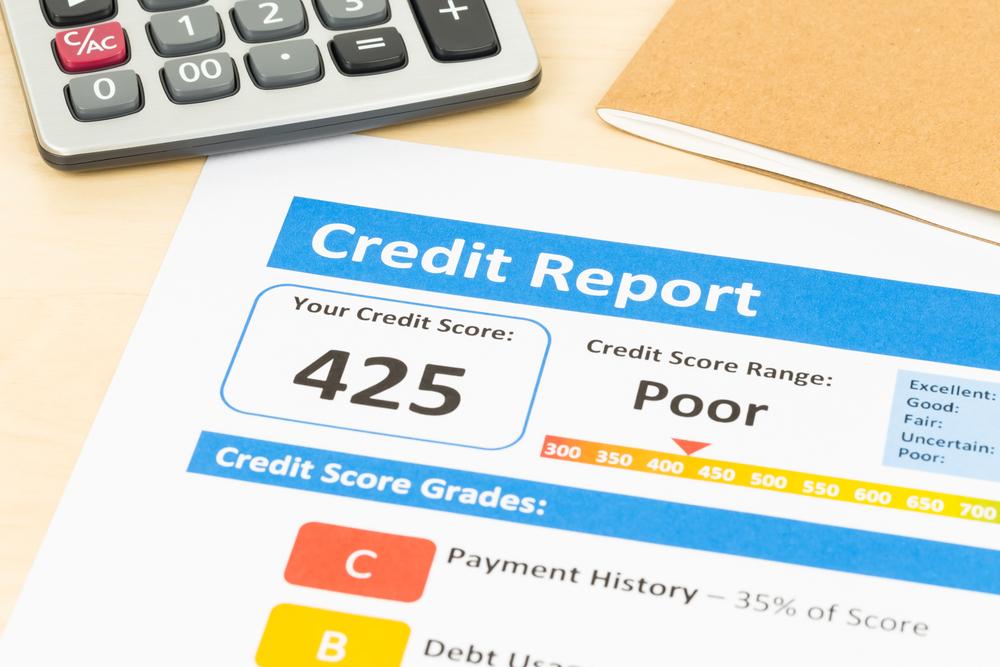Comprehensive Guide to Boost Your Credit Score Effectively
Learn comprehensive and effective strategies to enhance your credit score. This detailed guide covers managing credit utilization, paying down debts, consolidating accounts, and regularly reviewing your credit report to build a reliable credit profile for a secure financial future.

Comprehensive Guide to Boost Your Credit Score Effectively
Your credit score serves as a vital indicator of your financial reliability and plays a significant role when applying for loans, credit cards, or other financial products. A higher credit score not only increases your chances of approval but can also lead to more favorable interest rates and terms. Given its importance, understanding the strategies to improve and maintain a strong credit profile is essential for your financial health and long-term stability.
Many people seek quick fixes to elevate their credit scores; however, genuine improvements require patience, consistency, and responsible financial habits. While some claims promote rapid boosts in credit scores, sustainable and legitimate methods tend to involve gradual progress over time. Recognizing and implementing effective strategies can make a significant difference in your creditworthiness.
One of the foundational steps to improving your credit score is managing your credit utilization ratio. This ratio compares your current credit card balances to your total available credit limits. Financial experts recommend keeping this ratio below 30%—ideally around 10%—to positively influence your score. A practical way to do this is by requesting a credit limit increase from your existing credit card providers. An increased limit, provided your balance remains the same, effectively reduces your utilization ratio without affecting your credit profile negatively. However, be aware that some lenders perform a hard inquiry when you request a credit limit increase, which can temporarily impact your score. Therefore, weigh the benefits against potential short-term effects.
Another effective method for enhancing your credit standing is paying off existing debt, especially high-interest or delinquent accounts. Focus on eliminating smaller debts first, which can help you see quick wins and motivate continued responsible behavior. Once these smaller debts are paid, allocate resources toward larger or more problematic debts to reduce your overall debt load. An essential aspect to understand is that credit reporting agencies primarily consider your statement balance at the end of the billing cycle, not your daily balances. Thus, consistently paying down your balances before the statement closing date can improve your credit utilization ratio and, consequently, your score. Additionally, making payments on time each month is critical—late payments can significantly damage your credit profile and stay on your report for up to seven years.
Consolidating multiple credit accounts through a process known as credit account consolidation can positively influence your credit score. By combining numerous loans or credit card balances into a single account, you can increase the average age of your credit accounts, which is a crucial factor in credit scoring models. Furthermore, this strategy can help you better manage your debt and automate payments, reducing the risk of missed payments. When considering consolidation, ensure that your total credit limit remains unchanged; otherwise, you might inadvertently reduce your available credit, increasing your utilization ratio.
Regularly reviewing your credit report is a vital step in maintaining and improving your credit score. Obtain free copies of your credit reports from the three major bureaus—Equifax, Experian, and TransUnion—at least once a year. Carefully scrutinize each report for errors, outdated information, or signs of fraudulent activity. Disputing inaccuracies with the credit agencies can prevent unnecessary harm to your score. Similarly, ensure all legitimate accounts are accurately reported to avoid gaps in your credit profile, which can negatively affect your creditworthiness.
Practicing responsible financial behavior is the cornerstone of a strong credit profile. This involves making consistent, on-time payments, keeping balances low, avoiding unnecessary credit inquiries, and maintaining a healthy mix of credit types. While the process to improve your score may seem gradual, patience and discipline are your most valuable tools. Stay informed about changes in credit scoring models and be cautious of strategies that promise instant results, as these can sometimes involve risky or illegal practices that might harm your credit in the long run.
In summary, enhancing your credit score is achievable through a combination of strategic planning, disciplined financial habits, and regular monitoring. By managing your credit utilization, reducing debt, consolidating accounts wisely, reviewing your credit report periodically, and practicing responsible credit habits, you can build a strong credit profile that supports your financial goals. Remember, improving your credit score is a journey, not a sprint—commit to steady progress, stay informed, and ensure your financial decisions align with your long-term aspirations.





